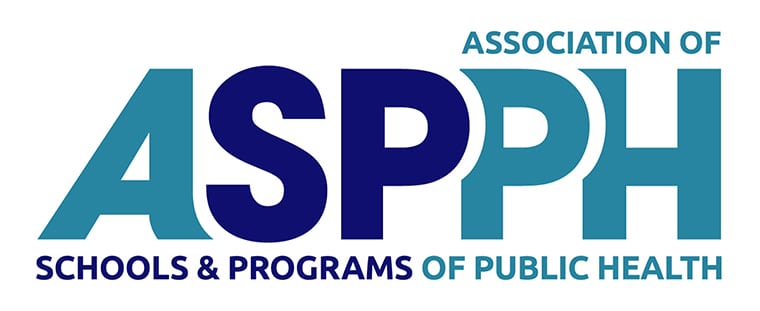Content from Association of Schools & Programs of Public Health publication
September 13, 2018
Public health researchers at the University of North Carolina at Chapel Hill, Stanford University, and Washington University in St. Louis are recipients of a five-year $11.6 million National Institutes of Health grant, Advancing Science & Practice in the Retail Environment (ASPiRE). The project’s goal is to build a strong scientific evidence base for effective retail policies to help reduce tobacco use, tobacco-related disparities, and the public health burden of tobacco, including cancer.
Most tobacco is purchased from brick-and-mortar retailers, where the tobacco industry spends $1 million every hour on advertising and marketing. The rapid growth and spread of policies and interventions in the tobacco retail setting in recent years calls for systematic research to evaluate the efforts.
The ASPiRE Center’s three innovative and complementary research projects are:
- Density and Disease. Researchers at UNC will map 275,000 tobacco retailers across the U.S. and explore the relationship between their density and tobacco-related illness. “This will be a landmark study because it finally will sort out the relationship between the density of tobacco retailers, smoking prevalence, and disease,” said project lead Dr. Kurt M. Ribisl, chair and professor of health behavior at the University of North Carolina Gillings School of Global Public Health and program leader at the UNC Lineberger Comprehensive Cancer Center.
- Big City Tobacco Control. Led by Stanford, this project seeks to understand how the tobacco retail environment in a city may impede efforts to quit smoking. Researchers will survey a panel of 2,400 adult smokers over 30 months and examine changes over time. “This is a collaborative effort with local tobacco control programs that will help us document how local policies impact tobacco use,” said project lead Dr. Lisa Henriksen, senior research scientist at the Stanford Prevention Research Center and a member of the Stanford Cancer Institute.
- Tobacco Town. Researchers at Washington University will use agent-based modeling to study the impact of innovative retail policies in different types of communities, especially those with low-income and minority populations. “The Tobacco Town study is important because the computational models will be used to better understand how retail policies actually operate to improve community health,” said project lead Dr. Douglas A. Luke, professor at the Brown School and director of the Center for Public Health Systems Science
The ASPiRE Center also has three shared resource cores that will provide administrative, data and statistics, and dissemination and implementation support. A community advisory board, whose members include tobacco control leaders, and organizations such as the Campaign for Tobacco-Free Kids, will provide input and guidance as to what is most needed in their communities.
The new project builds on a collaboration that began in 2012 with funding from the National Cancer Institute.
